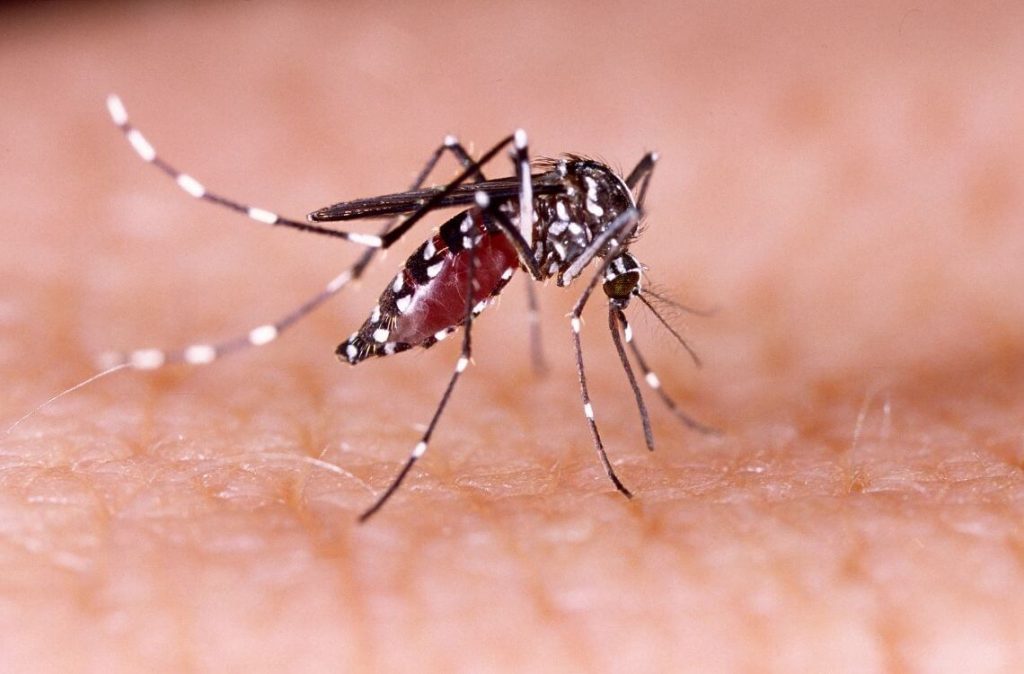The Dengue virus rightfully earns the title ‘breakbone fever’ through brutal symptoms patients suffer through. An average person experiences unimaginable pain to the bones and joints, where the slightest movement is a cause for extreme pain.
About 98 million people across countries worldwide generally are susceptible to the infection in a year. Additionally, according to the CDC, about half of the world population reportedly resides in high-risk dengue areas. This makes the dengue virus a leading cause of illness in these areas.
It remains endemic in over 128 countries, including Malaysia.
In 2016, a vaccine called Dengvaxia, was approved in only some countries, effective only towards a strain. The vaccine was approved for the United States by Federal Drug Administration (FDA) only in 2019. However, Malaysia has yet to surpass its research phase.
Efforts to mitigate the virus instead, have since focused on reducing transmissions through measures such as fogging.
The virus has a total of four deadly strains. Unfortunately, infection by one strain of the virus one does not shield you from infections of other strains.
The past decades really saw through no known cure effective against all four strains of the fatal mosquito-borne virus, that is until recent groundbreaking findings.
The Breakthrough Discovery
According to a study published by the journal Nature, a newly identified compound can effectively disarm the virus. The compound known as JNJ-A407 was identified after thousands of screenings.
Tests in cell cultures and mice yielded incredibly promising results. The treatment proved to stop the virus replication and thus, inhibiting the disease. The most promising finding is that it appears equally effective whether ingested before infection or after contracting the virus. It also proved effective against all four strains.
It operates by intercepting interaction between two proteins in the dengue virus. Even when prescribed at peak viral replication, the researchers noted palpable antiviral activity.
John Neyts, one of the lead researchers, said,
“Given that the barrier to resistance is so high, it is very unlikely this will clinically be a problem. Intriguingly, the mutations that caused resistance also appeared to make the virus incapable of replicating in mosquito cells.”
He suggested that even if the virus manages to grow resistant towards treatment with JNJ0A07, it won’t be transmittable by mosquitoes.
Questions still Remain
Experts still persist in further studies to answer unexplored questions and concerns. For one thing, when infected with the virus, its presence in the bloodstream, known as viraemia, stimulates potent immunity responses. This protects them from future reinfections.
Some people, however, have weaker immunity responses. This group is particularly vulnerable to reinfections from other strains which generally leads to more serious, even fatal symptoms.
Considering the compound reduces viraemia in the bloodstream, it will then alter their immune response. This may possibly leave people more vulnerable to reinfection.
Biering and Harries call for more research to study how it may leave people to reinfection due to the initial minimal exposure to the virus in the first place.
Further tests and treatments are still in the works, yet Neyts poses unbridled optimism for the prized significance of JNJ-A07 compound.
For more updates, insightful reads, and fun recipes, stay tuned to Motherhood Story!
